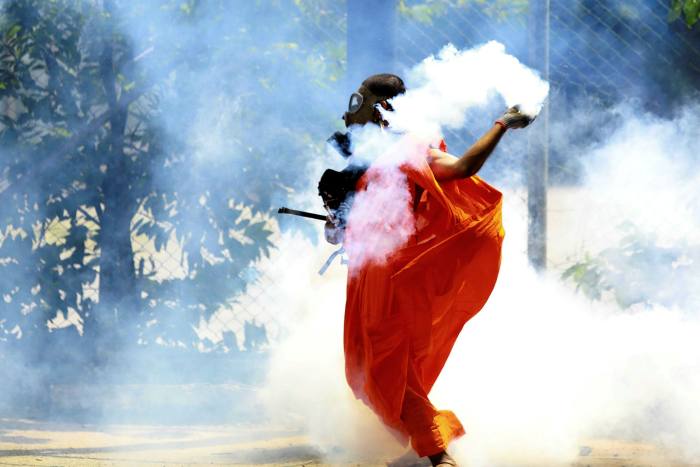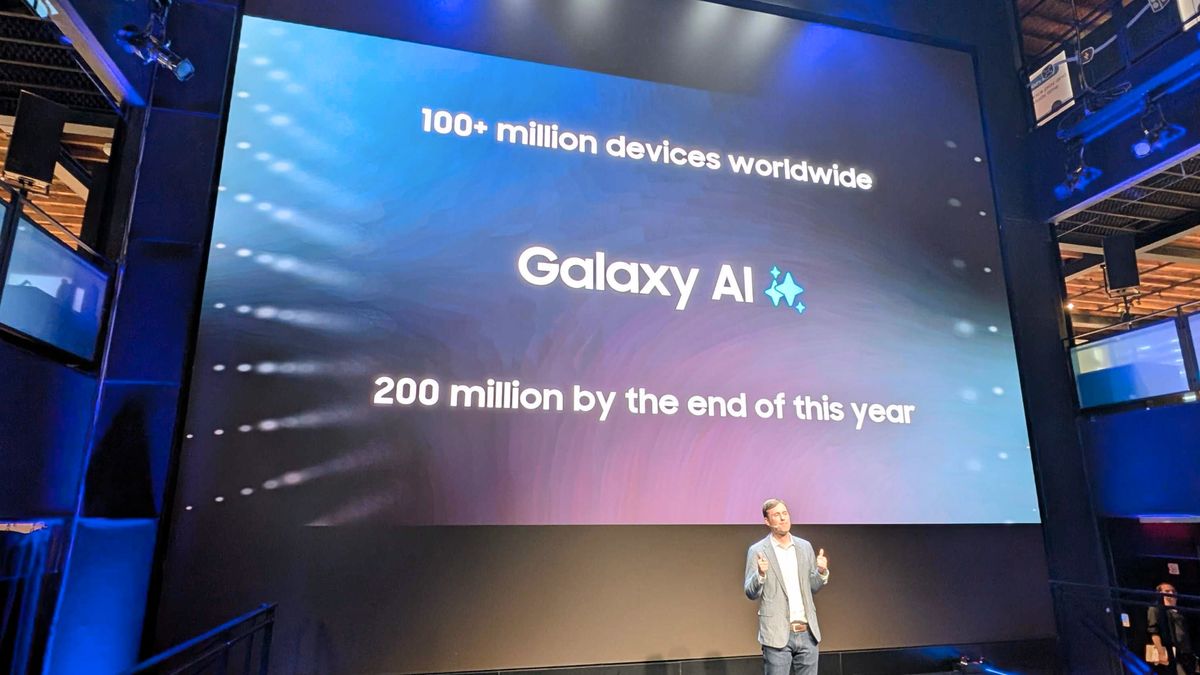Protesters stormed the residence of Sri Lanka’s president Gotabaya Rajapaksa on Saturday, forcing the embattled leader to flee as escalating demonstrations over a deep economic crisis threatened to push the country’s government to the brink of collapse.
Sri Lanka is struggling through one of the worst economic disasters in its history after it effectively ran out of foreign reserves, leading to crippling shortages of fuel, food and medicine and a dramatic drop in living standards.
The island of 22mn defaulted on foreign debt repayments in May, becoming the first country in the Asia-Pacific region to do so in two decades.
Tens of thousands of protesters thronged central Colombo, the capital, on Saturday calling on Rajapaksa to resign. The crowds overwhelmed security forces, which had deployed tear gas and water cannon, and stormed the President’s House and the Presidential Secretariat, his office.
Local media reported that Rajapaksa had been evacuated from the residence on Friday in anticipation of the unrest. His whereabouts were unclear. Videos on social media showed protesters swimming in the president’s pool after occupying the building.
The confrontation on Saturday was the most dramatic escalation of the demonstrations since May, when clashes between pro and anti-government protesters prompted prime minister Mahinda Rajapaksa, Gotabaya’s brother, to resign.
Gotabaya has defied widespread calls to step down himself, appointing a new prime minister, Ranil Wickremesinghe, and vowing to lead the country out of the crisis.
But Saturday’s protests marked a new low for the president, a former military leader whose hold on power has become increasingly precarious. Wickremesinghe called an emergency meeting of party leaders and asked parliament to reconvene in response to the crisis.
Sri Lanka is negotiating a multibillion-dollar bailout package with the IMF and is beginning debt-restructuring negotiations with its creditors, who include private bondholders and countries including China, Japan and India. Sri Lanka owes more than $50bn in foreign debt.

An IMF team visited Colombo last month but is yet to agree on a rescue package.
The situation for Sri Lankans, who previously enjoyed some of the highest living standards in South Asia, has deteriorated precipitously. The country last month banned private vehicles from refuelling in order to conserve energy for essential services.
Businesses are struggling to operate because of daily blackouts that last for hours at a time, while authorities have closed schools. Several governments have advised their citizens not to travel to the country, devastating tourism, one of Sri Lanka’s most important sources of foreign currency.
Rajapaksa, who hails from one of Sri Lanka’s most powerful political dynasties, was elected in 2019. Together with his brother Mahinda, who served as president between 2005 and 2015, Gotabaya helped bring an end to the island’s brutal civil war in 2009 after leading a military campaign to crush the Tamil Tiger rebels.















:quality(70):focal(1384x758:1394x768)/cloudfront-us-east-1.images.arcpublishing.com/tronc/DDCHMKNWUFBJDB3FIKTL2O7MGY.jpg)





Discussion about this post